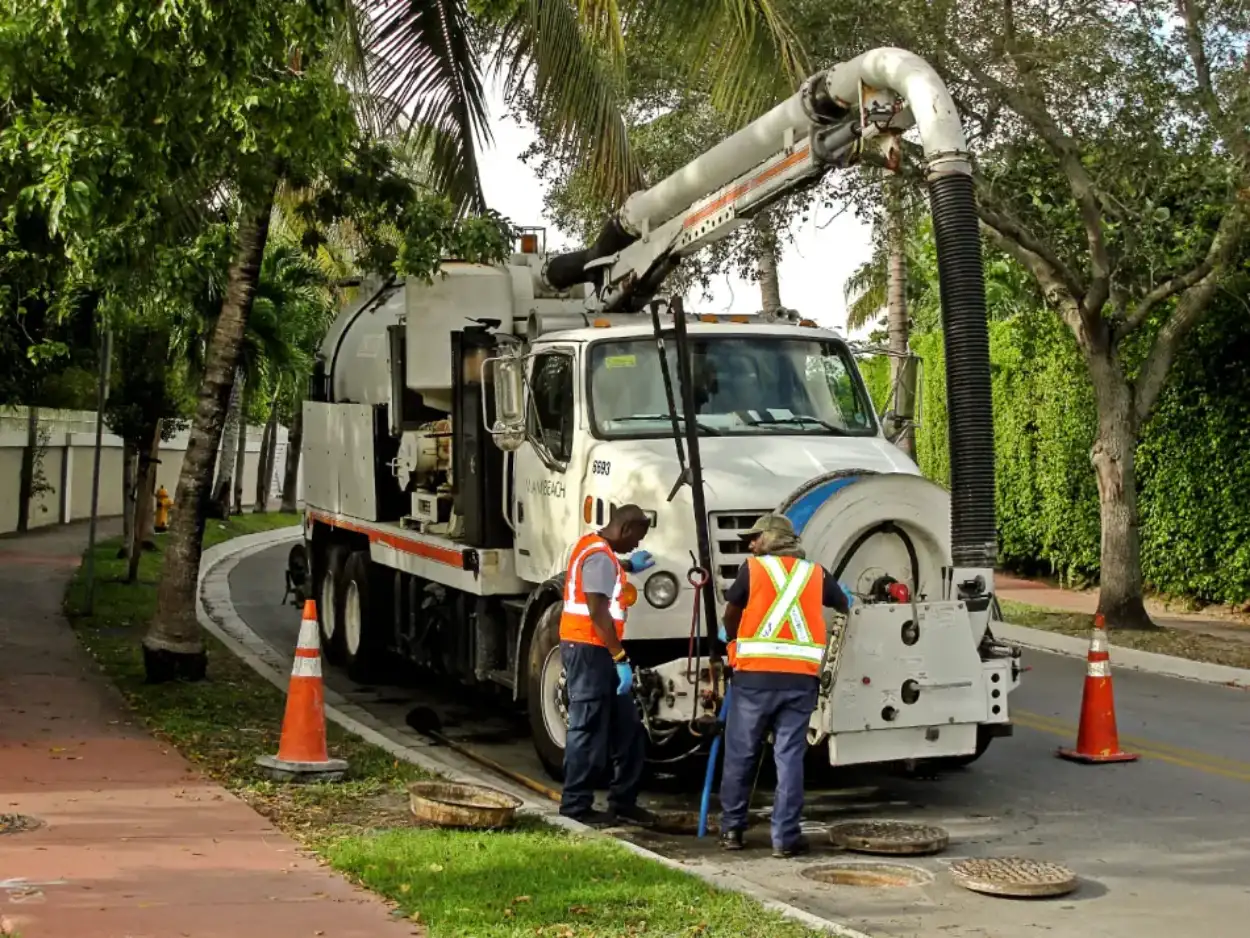Municipal plumbing infrastructure projects involve the planning, development, and maintenance of essential plumbing systems that support communities’ water supply, wastewater management, and public health needs. These projects encompass a wide range of initiatives, including the construction and expansion of water treatment plants, sewage treatment facilities, and distribution networks for potable water and treated wastewater. Plumbing engineers collaborate with municipal authorities and regulatory agencies to design systems that meet strict safety and environmental standards while efficiently serving the needs of the population. The implementation phase involves careful coordination of construction activities, procurement of materials and equipment, and adherence to project timelines and budgets. Ongoing maintenance and upgrades are essential to ensure the reliability and resilience of municipal plumbing infrastructure in the face of evolving population growth, urban development, and environmental challenges. Overall, municipal plumbing infrastructure projects play a vital role in safeguarding public health, promoting economic development, and enhancing the quality of life in communities.
